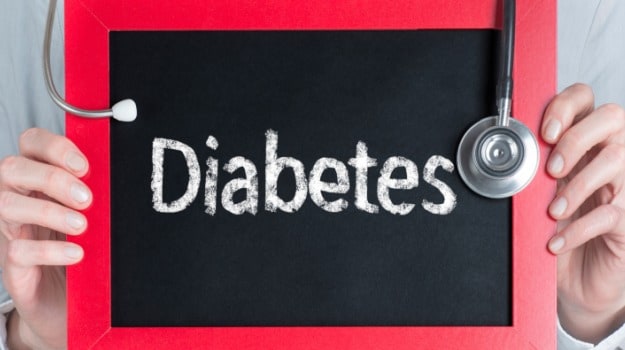According to a recent survey, nearly 90 per cent of people surveyed with uncontrolled diabetes in India continue to perceive that they have control over their glucose levels, despite facts suggesting otherwise.
Abbott, one of the country's leading healthcare companies, along with the Association of Physicians of India (API), announced the results from a national survey conducted among 1,500 adults with uncontrolled diabetes, 302 care-givers and 60 doctors in India.
'Abbott Sugar Survey' results showed that 90 per cent of people surveyed with uncontrolled diabetes continue to perceive that they have control over their glucose levels, despite facts suggesting otherwise. 'Uncontrolled diabetes' is defined as having HbA1c greater than 7 - a globally accepted measurement for showing how well glucose levels are being managed.
The survey highlights the need for better diabetes management to help people with diabetes live healthier lives. More than 50 per cent people with diabetes (mostly females) believe that it has impacted their personal life while males with diabetes believe the condition impacts professional life due to exhaustion and fatigue. Women are also more aware about the impact of diabetes than men.
Findings also point to the need to drive the point that uncontrolled diabetes can ultimately lead to additional health complications and the need for better management of the disease. Survey findings said that 54 per cent of respondents experienced at least one complication because of poor blood sugar control. Respondents from Delhi and Kolkata reported the highest percentage of complications.
The prevalence of diabetes in India is second largest in the world. According to the International Diabetes Federation (IDF), India's population living with diabetes today is 65.1 million, as compared to 50.8 million in 2010. That number is expected to cross 100 million by 2030. The economic burden due to diabetes in India is among the highest in the world and studies estimate that, for a low income Indian family with an adult with diabetes, as much as 25 per cent of family income may be devoted to diabetes care.
"With diabetes already at such epidemic proportions, it is time for people to start taking better control of their blood glucose levels," said Dr Shashank R Joshi, a leading endocrinologist, diabetologist and president, Association of Physicians of India.
"The biggest challenge is that people do not have all the tools they need to be able to contain the consequences of uncontrolled diabetes with the impact on their bodies. "While people with diabetes feel 'all is well', uncontrolled diabetes, leads to heart disease, or eye, kidney or nerve problems. Better awareness and effective control of diabetes can help prevent or reduce the risk of people with diabetes developing these complications and instead help them stay healthy and active," Joshi said.
Dilip Rajan, Country Head and General Manager of Abbott's diabetes care business said, "Through this research, Abbott is seeking to advance understanding and increase awareness and support for better diabetes management in our country so that ultimately, we can help people with diabetes do more, achieve more and experience more in their lives."







